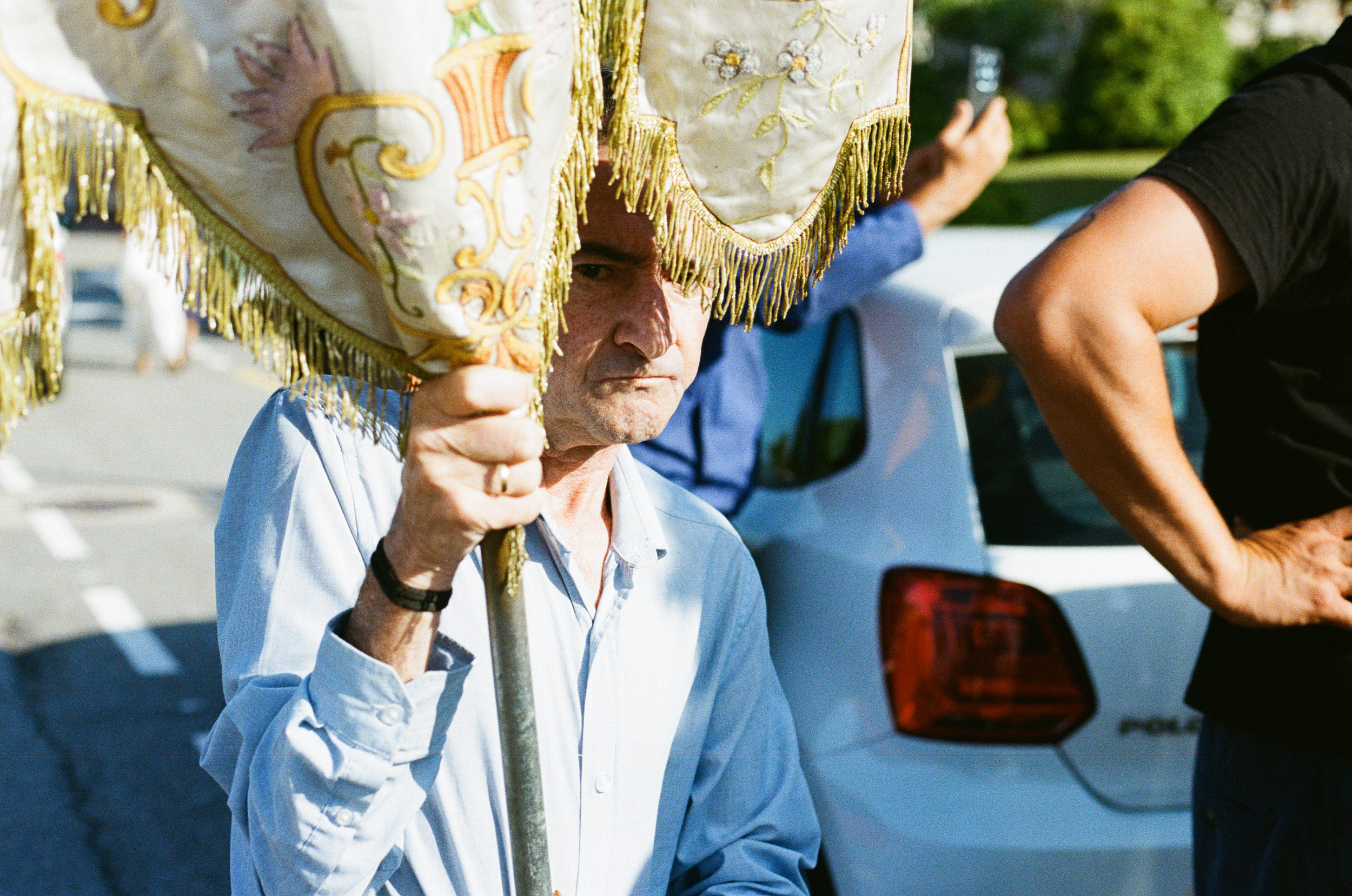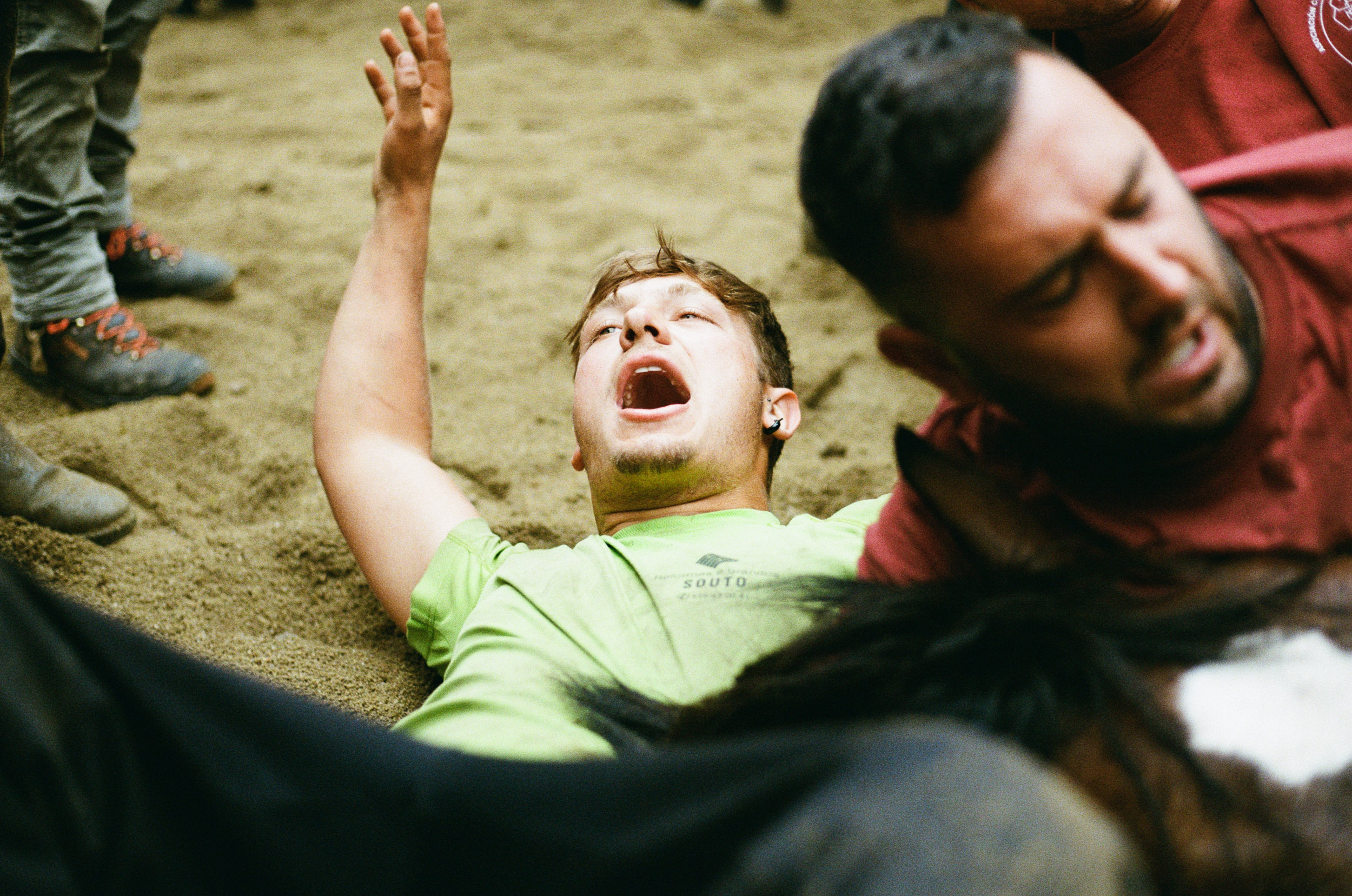At the age of nineteen, I left my hometown to pursue a degree, have new experiences, and develop as a person in more cosmopolitan places with greater cultural scenes. At least in theory, because in practice it turned out that, despite my enthusiasm, I was still too young to be truly self-aware and know which path to take in life. However, it was undeniable that I was leaving behind an apathetic and mainly industrial city, focused on the naval, fishing, and automotive sectors, whose shortcomings, monotony, and grey atmosphere made it an oppressive and bleak town in many ways, both socially and in terms of its urban environment. At that time, it was still a place severely affected by the ravages of drugs in previous decades, where young people continued to cling massively to alcohol and narcotics as a form of escape. Likewise, art exhibitions and cultural movements were uncommon in that period, and encountering a foreigner on the street was quite a rarity, as the city remained wary of the unfamiliar and largely impervious to tourism. Neither was mobility an easy option in a town built over several hills with many slopes. The public transport network was limited, and aggressive traffic dominated the space almost everywhere. In fact, among my friends there was a conviction that we lived in a hostile and backward place, which you had to leave sooner or later if you wanted to do something with your life. Thus, adding to the equation personal factors that amplified my frustration, such as a family with emotional fissures, a psychological exhaustion with my surroundings, and the fact that some of my peers were already beginning to move to the country’s larger cities, I made the decision to move on as soon as the opportunity arose.
Nowadays, twenty years after I left and having already settled abroad, I tend to look back with longing to my roots, and I believe I have developed a strong feeling of affinity to the place I come from, despite the sense of rejection it once gave me. Its landscapes, inhabitants, and customs, among other elements, appeal directly to a kind of primal authenticity embedded in the foundations of my personal identity, whether I like it or not. Therefore, taking advantage of the fact that I return regularly for about two weeks a year, I decided to replicate my usual working approach during these brief visits in order to create a photographic outline of those social, cultural, and urban traces that particularly connect me with the perception I have of my origins. In this regard, although my hometown has evolved substantially over the last decades and now presents a much more open and accessible face, I focused on developing an imaginary realm in which, from a contemporary perspective, the vestiges and resonances related to my memories can reverberate. Likewise, considering my intention to investigate the attachment that shapes my understanding of my earlier life, this process also served as a pretext to reclaim the capacity of photography as a connecting vehicle and introspective tool for delving into a specific field. Hence, this self-reflective methodology offered me the opportunity to immerse myself in characteristic aspects of my culture and explore local pilgrimages, processions, and other small events of a traditional and folkloric nature in which I had never previously participated. Above all, my aim has been in essence to experience and map the emotional cartography of a subjective remembrance that evokes a past time and a metaphysical place that, in truth, now exists only in my memory.





